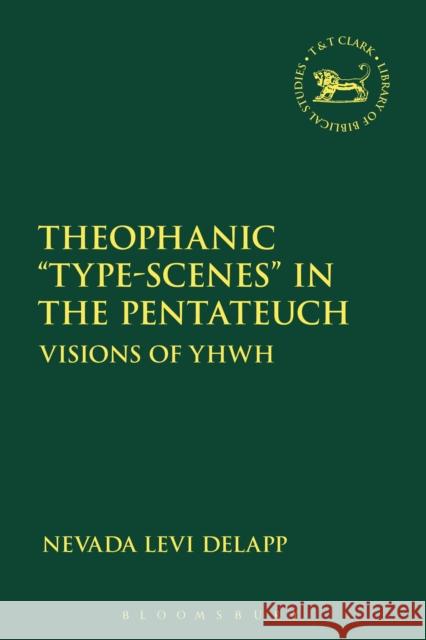Theophanic Type-Scenes in the Pentateuch » książka
Theophanic Type-Scenes in the Pentateuch
ISBN-13: 9780567679079 / Angielski / Twarda / 2018 / 200 str.
Theophanic Type-Scenes in the Pentateuch
ISBN-13: 9780567679079 / Angielski / Twarda / 2018 / 200 str.
(netto: 602,68 VAT: 5%)
Najniższa cena z 30 dni: 594,91
ok. 22 dni roboczych.
Darmowa dostawa!
An examination of the presence of theophanic scenes in the final form of the Pentateuch, which argues that rather than there being a single, over-arching theophanic "type-scene" there are multiple such scenes which reflect the individual theological tendencies of the biblical books within which they appear. The Genesis type-scene revolves around YHWH's promises in crisis situations (i.e., YHWH only appears when there is a crisis or threat to the Abrahamic promise). The Exodus type-scene typically includes the appearance of YHWH's dangerous fiery presence (Kabod Adonai), a communal setting, and divine action constituting or preserving Israel as a people in preparation for the Abrahamic inheritance. In Leviticus the theophanies augment the Exodus type-scene with a liturgical setting where a specific priestly action brings forth a theophanic response. DeLapp then shows how Numbers recontextualizes each of the preceding type-scenes as it retells the exodus narrative post-Sinai. When read synchronically the three type-scenes build on each other and follow the developing narrative logic of Israel's larger story. Deuteronomy then re-reads the Exodus type-scene (and indirectly the Genesis type-scene) to ensure that later readers read the theophanies appropriately (i.e., YHWH only appeared as "formless" and shrouded in "fire").











